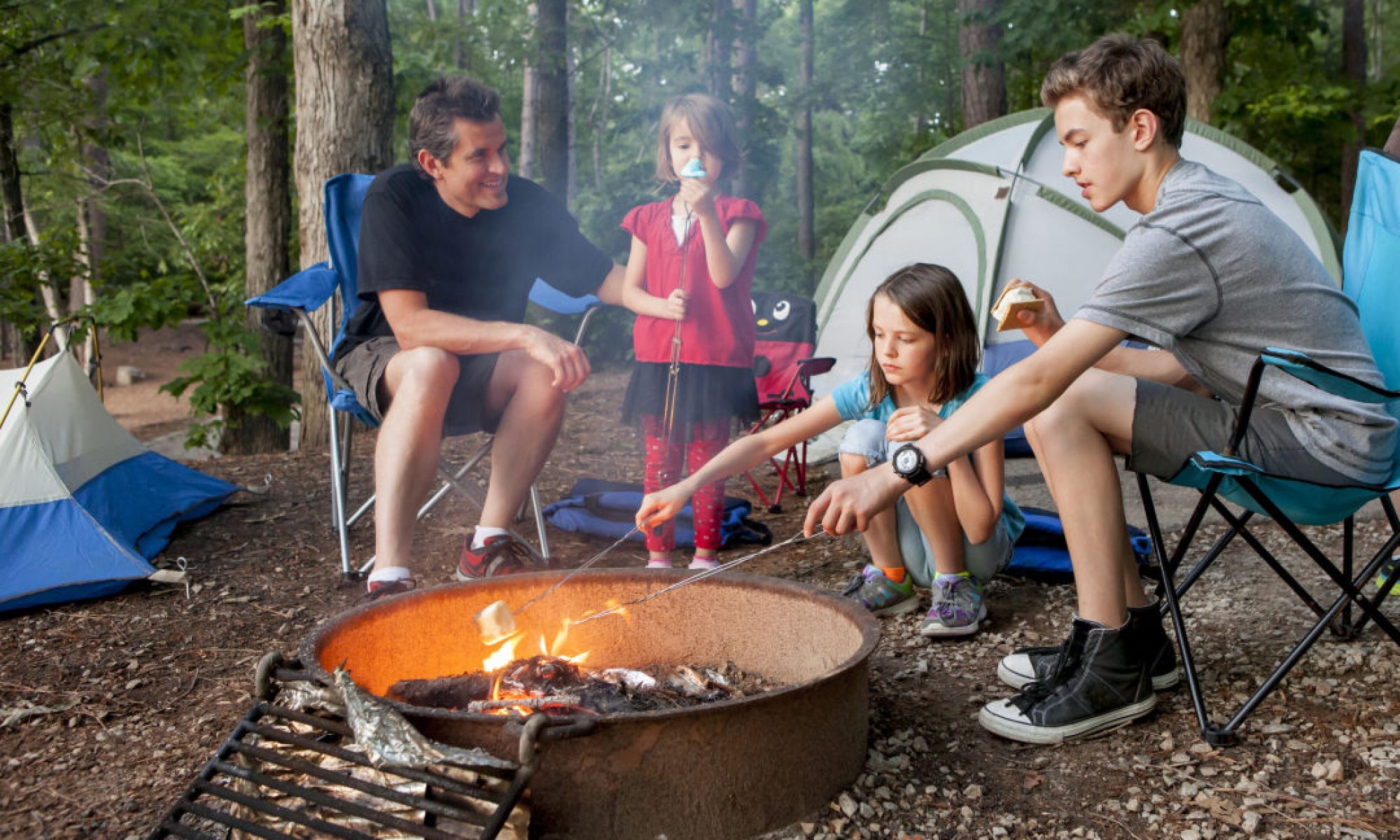A pest control consultation is a critical first step in managing and resolving pest problems effectively. Whether you’re dealing with a current infestation or seeking to prevent future issues, understanding what to expect and how to prepare can help ensure a successful outcome. Here’s a comprehensive guide to navigating a pest control consultation.
1. Initial Contact and Scheduling
- Reach Out: Contact a reputable pest control company to schedule a consultation. This can often be done via phone, email, or through their website.
- Provide Details: Be ready to provide information about the pest issue, including the type of pest, the extent of the problem, and any symptoms or signs you’ve observed.
2. The Consultation Appointment
- Inspection: A pest control professional will visit your property to conduct a thorough inspection. This includes checking both interior and exterior areas for signs of pest activity.
- Interior Inspection: Look for signs such as droppings, nests, damage, and entry points. Areas commonly inspected include kitchens, bathrooms, basements, attics, and storage spaces.
- Exterior Inspection: The professional will examine the exterior of your property, including the foundation, roof, landscaping, and potential entry points.
- Assessment: The pest control expert will assess the severity of the infestation and identify the type of pests involved. They will also consider factors like building structure, landscaping, and environmental conditions.
3. Discussion and Recommendations
- Findings: The professional will discuss their findings with you, including the extent of the infestation and any potential risks associated with the pests.
- Treatment Plan: Based on their assessment, they will recommend a treatment plan. This plan may include:
- Chemical Treatments: Pesticides or other chemicals used to eliminate pests.
- Non-Chemical Treatments: Methods such as traps, baits, or exclusion techniques.
- Preventative Measures: Steps to prevent future infestations, such as sealing entry points and improving sanitation.
- Cost Estimate: You will receive an estimate of the costs involved. This typically includes treatment, follow-up visits, and any additional services.
4. Preparing for Treatment
- Follow Instructions: The pest control company may provide specific instructions to prepare your property for treatment. This could involve cleaning, removing pets or food items, and ensuring access to all areas.
- Access: Ensure that the pest control technician has access to all necessary areas of your property, including any restricted or hard-to-reach places.
5. Post-Treatment Follow-Up
- Evaluation: After the initial treatment, the pest control company may schedule a follow-up visit to assess the effectiveness of the treatment and make any necessary adjustments.
- Monitoring: They might provide advice on monitoring for remaining pest activity and offer guidance on any additional steps to take.
6. Ongoing Maintenance and Prevention
- Regular Inspections: Consider scheduling regular inspections to ensure that your property remains pest-free and to address any new issues promptly.
- Preventative Measures: Implement any recommended preventative measures to reduce the risk of future infestations.
Tips for a Successful Consultation
- Be Honest: Provide accurate and detailed information about the pest problem. The more information the technician has, the better they can tailor the solution.
- Ask Questions: Don’t hesitate to ask questions about the treatment methods, safety, and effectiveness. Understanding the process will help you make informed decisions.
- Document Findings: Take notes or photographs of pest activity to share with the technician. This can help in diagnosing the problem and determining the best course of action.
Choosing a Pest Control Service
- Reputation: Look for a pest control company with a good reputation and positive customer reviews.
- Certifications: Ensure that the company is licensed and certified by relevant pest control authorities.
- Experience: Choose a company with experience in handling the specific type of pest you’re dealing with.
Conclusion
A pest control consultation is an essential step in addressing pest problems effectively. By understanding what to expect and preparing accordingly, you can ensure a thorough assessment and a tailored treatment plan. With the right approach and professional help, you can manage and prevent pest issues, maintaining a safe and comfortable environment in your home or business.
